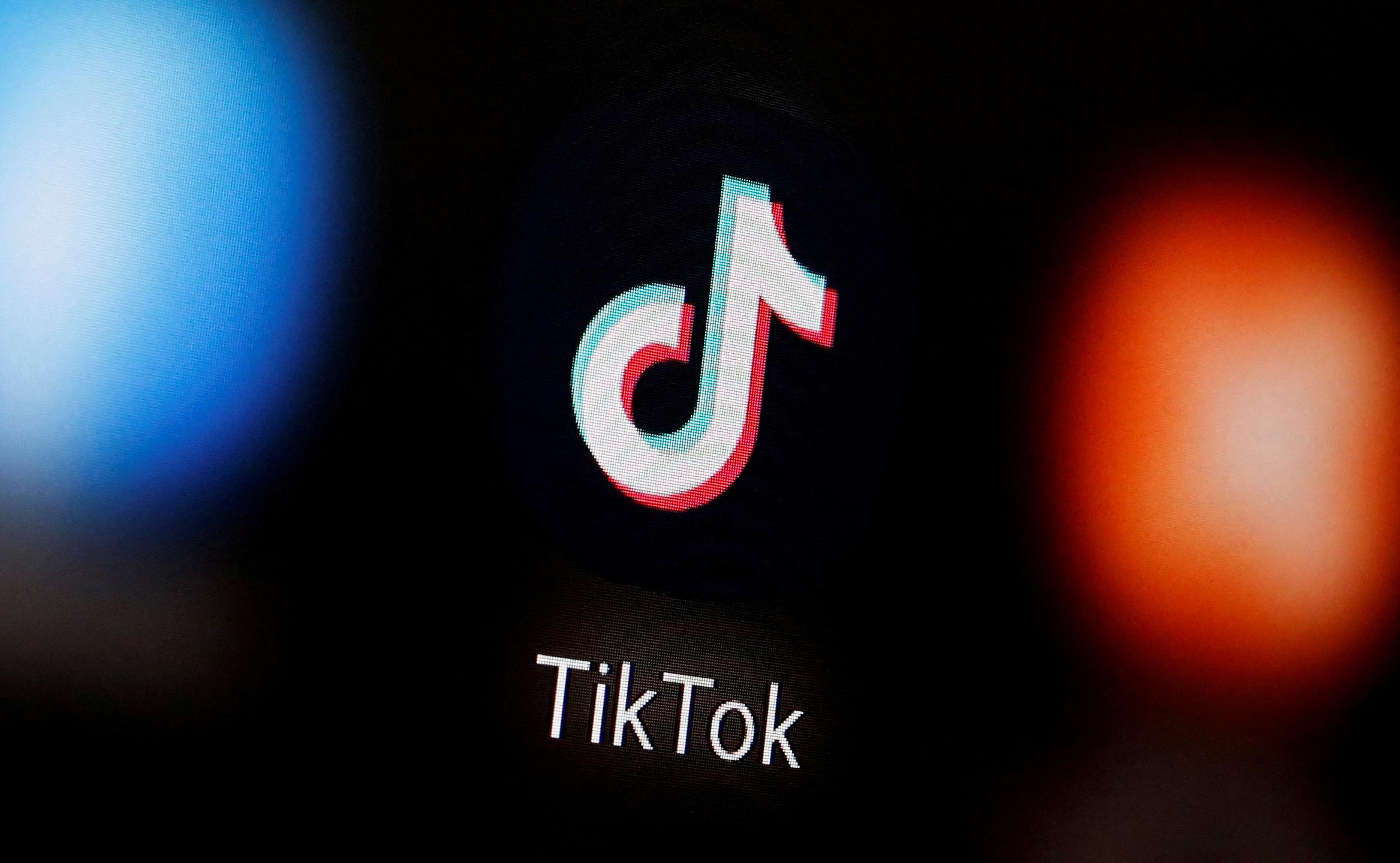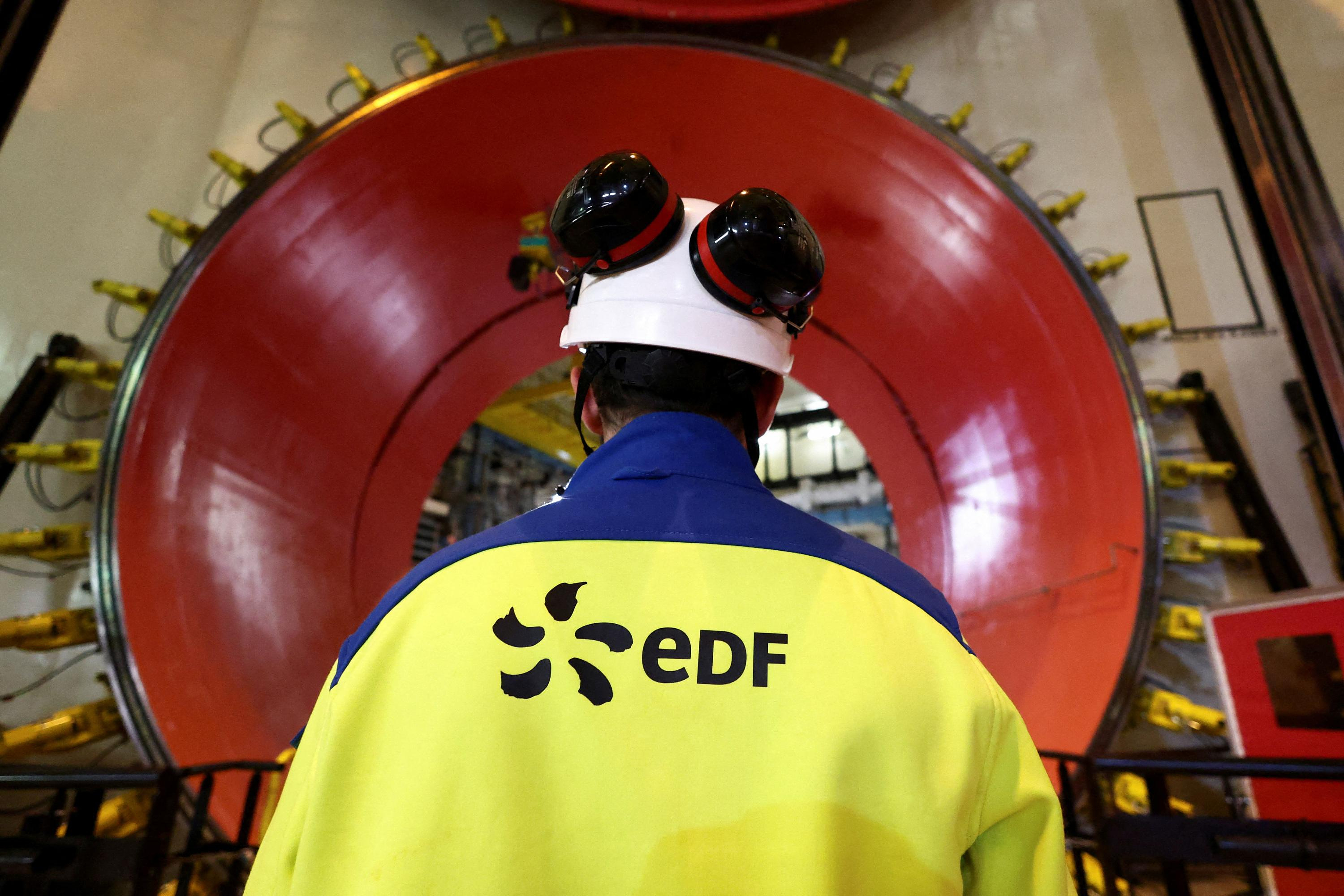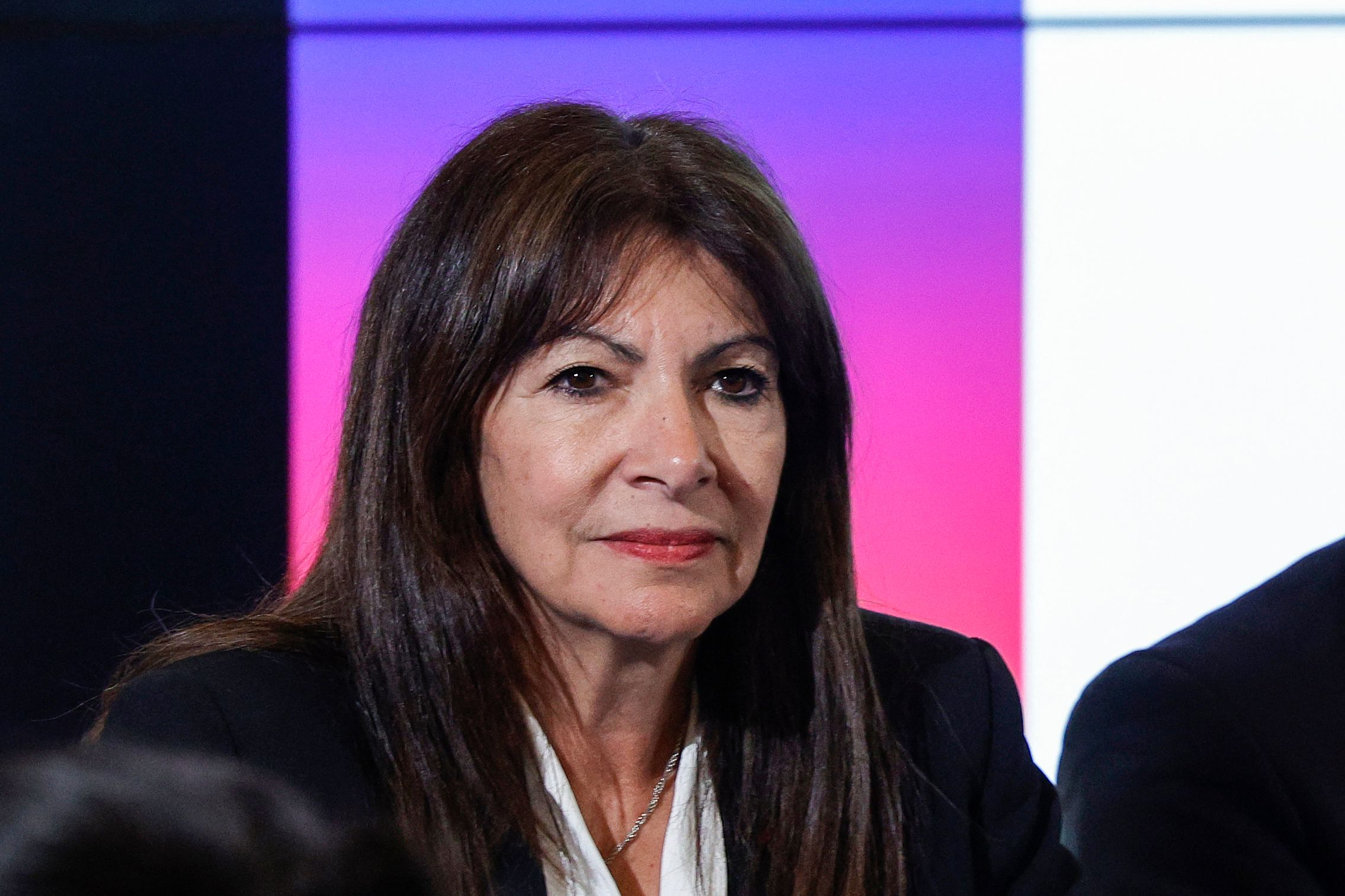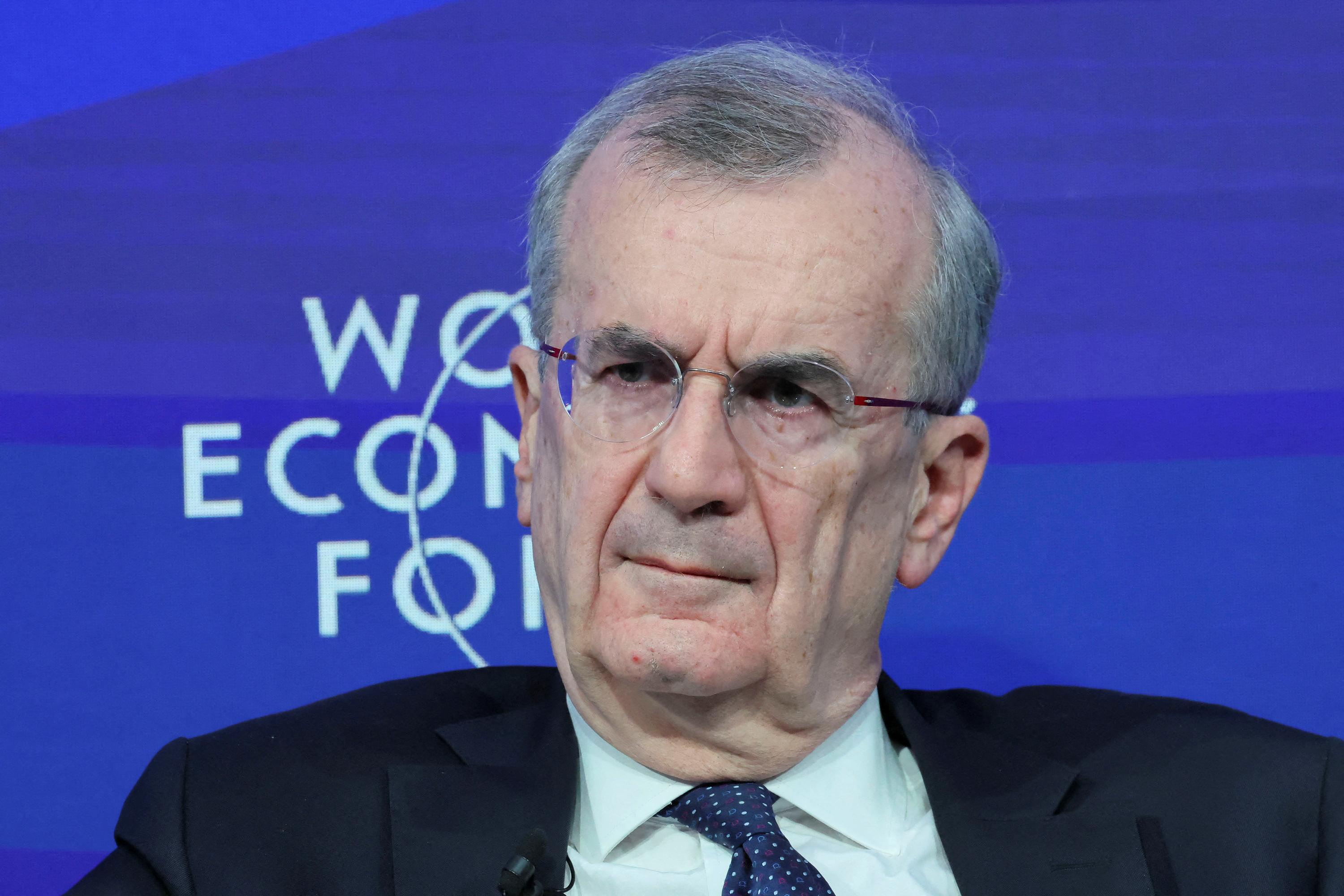The mid-size car is clearly overcrowded, but the occupants don't give a damn that evening. The car drives towards the intersection with a continuous horn. Men and women alternately lean out of three windows, waving Moroccan flags, with the national coat of arms painted on their faces and singing loudly in an attempt to turn night into day. The reveling crowd on one of Doha's busiest streets is no exception, with impromptu parties and alleyway dances erupting in numerous squares in the Qatari capital. It's time to celebrate something historic: the national team's first knockout round at a World Cup since 1986.
It's been five days since the party, but little has changed in the happiness of the Moroccan fans. Now they are looking forward to the next historic day full of anticipation and confidence: the clash with Spain in the knockout stages (Tuesday, 4 p.m.) and the big dream of an entire continent to be the first African team to advance to a World Cup semifinals. Or even further. "You can do anything with these fans and this spirit," says national coach Walid Regragui.
He feeds the optimism from an extremely strong performance by his team during the tournament. As the only one of five participants from Africa who started, Morocco finished first in the preliminary round and qualified for the round of 16 alongside Senegal. But because that coup succeeded in an extremely strong season with Belgium, Croatia and Canada, the coach and players seem to have no limits. “We didn't come here just to play,” said Regragui: “Why shouldn't we dream of lifting the trophy? There is still a lot to come from us. We're a tough team to beat.”
There are bold tones – compared to the previous history. Because World Cup finals and Africa's successes are two things in world football that have so far been extremely manageable. Since the first global tournament in 1930, 13 African nations have taken part in a World Cup. Only three of them ever reached a quarter-final: Cameroon (1990), Senegal (2002) and Ghana (2010). Far too little in view of the enthusiastic fans and numerous world-class players such as Samuel Eto'o, Didier Drogba, George Weah and Mohamed Salah, which African clubs have repeatedly produced.
In the eyes of former Ghanaian international and Bundesliga professional Hans Sarpei, the poor performance of an entire continent is mainly due to a lack of mental strength and excessive expectations. “Most African players play in Europe and are able to handle pressure. But it's something completely different when an entire country is waiting for overall victory," Sarpei told DW. "They don't just feel the pressure on themselves, but also on their families. When you're eliminated, you know you can't go back to your home country for the time being, but fly back to Europe, where you play.
That pressure is now fully focused on Morocco following the elimination of Senegal's squad against England (0-3) on Sunday night. In their first appearance in a knockout round since June 18, 1986 in San Nicolás de los Garza/Mexico (then 0-1 against Germany), the team seems quite capable of surviving in a duel with Spain. Some exceptional players like Achraf Hakimi (Paris Saint-Germain), Noussair Mazraoui (FC Bayern Munich), Youssef En-Nesyri (FC Sevilla) or Hakim Ziyech (FC Chelsea) fuel the fantasy that things could go far this time.
Because the team is also given unconditional support in the stands. 30,000 or more Moroccan fans regularly attend the games of their soccer heroes and create a great atmosphere. Many of them live in Qatar, the rest have set out and made the journey to the emirate, 5,500 kilometers from home. After the hosts' quiet defeat with three bankruptcies in the preliminary round, one could almost think that Morocco is something like the new, secret home team of the World Cup. "We made history with our qualification for the next round," says playmaker Ziyech: "I'm proud of what we've achieved. We fight together in all games.”
The fact that things are going so well for the selection is also closely linked to some personal quarrels in the run-up to the title fights. The Moroccan football association FRMF only parted ways with national coach Vahid Halilhodzic in August after he had suspended important players such as Mazraoui and Ziyech for alleged indiscipline. He was succeeded by the 47-year-old Regragui. And although he had the lowest total time of all coaches with his selection among the 32 World Cup participants, he succeeded straight away in Qatar.
Now the man, who was born in France, wants to achieve the next coup against a football giant. In any case, he has already drafted a groundbreaking plan for the showdown with Spain: “We have to copy the game of the Europeans and bring in our own values. If we do that, we win.”

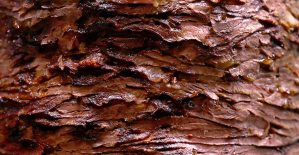 In Germany, the far left wants to cap the price of “doner kebabs”
In Germany, the far left wants to cap the price of “doner kebabs” Israel-Hamas war: Gaza between hope of truce and fear of Israeli offensive in the South
Israel-Hamas war: Gaza between hope of truce and fear of Israeli offensive in the South “Mom, Dad, please don’t die”: in the United States, a nine-year-old child saves the lives of his parents injured in a tornado
“Mom, Dad, please don’t die”: in the United States, a nine-year-old child saves the lives of his parents injured in a tornado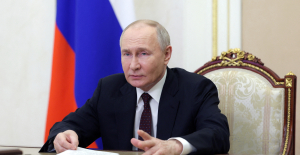 War in Ukraine: Putin orders nuclear exercises in response to Macron and “Western leaders”
War in Ukraine: Putin orders nuclear exercises in response to Macron and “Western leaders” A baby whose mother smoked during pregnancy will age more quickly
A baby whose mother smoked during pregnancy will age more quickly The euro zone economy grows in April at its best pace in almost a year but inflationary pressure increases
The euro zone economy grows in April at its best pace in almost a year but inflationary pressure increases Children born thanks to PMA do not have more cancers than others
Children born thanks to PMA do not have more cancers than others Breast cancer: less than one in two French women follow screening recommendations
Breast cancer: less than one in two French women follow screening recommendations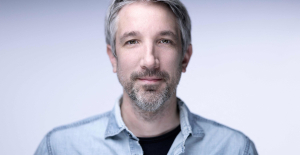 Call for strike on Sunday at Radio France against “the repression of insolence and humor” after the suspension of Guillaume Meurice
Call for strike on Sunday at Radio France against “the repression of insolence and humor” after the suspension of Guillaume Meurice Disney: profitable streaming for the first time, after 5 years of losses
Disney: profitable streaming for the first time, after 5 years of losses “I’m going to four concerts... I spent 1,255 euros”: for Taylor Swift, these fans ready to break the bank
“I’m going to four concerts... I spent 1,255 euros”: for Taylor Swift, these fans ready to break the bank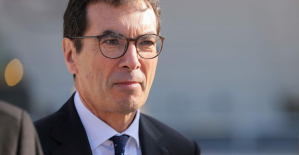 SNCF: the CEO defends the agreement on the end of career, “reasonable, balanced and useful”
SNCF: the CEO defends the agreement on the end of career, “reasonable, balanced and useful” A little something extra, signed Artus, exceeds one million entries in less than a week
A little something extra, signed Artus, exceeds one million entries in less than a week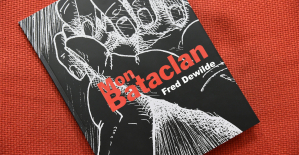 Fred Dewilde, designer and Bataclan survivor, ended his life
Fred Dewilde, designer and Bataclan survivor, ended his life “I don’t appreciate being used as media cannon fodder”: Emmanuelle Bercot responds to Isild Le Besco
“I don’t appreciate being used as media cannon fodder”: Emmanuelle Bercot responds to Isild Le Besco Who is Deborah de Robertis, the artist who painted The Origin of the World?
Who is Deborah de Robertis, the artist who painted The Origin of the World? Omoda 7, another Chinese car that could be manufactured in Spain
Omoda 7, another Chinese car that could be manufactured in Spain BYD chooses CA Auto Bank as financial partner in Spain
BYD chooses CA Auto Bank as financial partner in Spain Tesla and Baidu sign key agreement to boost development of autonomous driving
Tesla and Baidu sign key agreement to boost development of autonomous driving Skoda Kodiaq 2024: a 'beast' plug-in hybrid SUV
Skoda Kodiaq 2024: a 'beast' plug-in hybrid SUV The home mortgage firm rises 3.8% in February and the average interest moderates to 3.33%
The home mortgage firm rises 3.8% in February and the average interest moderates to 3.33% This is how housing prices have changed in Spain in the last decade
This is how housing prices have changed in Spain in the last decade The home mortgage firm drops 10% in January and interest soars to 3.46%
The home mortgage firm drops 10% in January and interest soars to 3.46% The jewel of the Rocío de Nagüeles urbanization: a dream villa in Marbella
The jewel of the Rocío de Nagüeles urbanization: a dream villa in Marbella Europeans: David Lisnard expresses his “essential and vital” support for François-Xavier Bellamy
Europeans: David Lisnard expresses his “essential and vital” support for François-Xavier Bellamy Facing Jordan Bardella, the popularity match turns to Gabriel Attal’s advantage
Facing Jordan Bardella, the popularity match turns to Gabriel Attal’s advantage Europeans: a senior official on the National Rally list
Europeans: a senior official on the National Rally list Blockade of Sciences Po: the right denounces a “drift”, the government charges the rebels
Blockade of Sciences Po: the right denounces a “drift”, the government charges the rebels These French cities that will boycott the World Cup in Qatar
These French cities that will boycott the World Cup in Qatar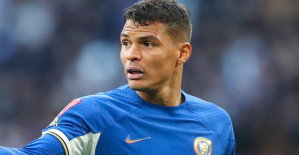 Mercato: Thiago Silva returns to Brazil and signs for Fluminense
Mercato: Thiago Silva returns to Brazil and signs for Fluminense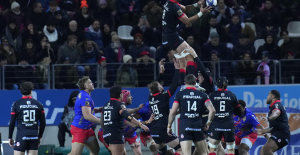 Top 14: at what time and on which channel to follow the clash at the Toulouse-Stade Français summit?
Top 14: at what time and on which channel to follow the clash at the Toulouse-Stade Français summit?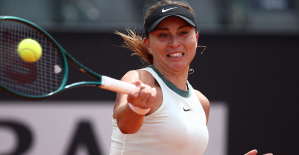 Tennis: Paula Badosa, former world No.2, passes the 1st round in Rome
Tennis: Paula Badosa, former world No.2, passes the 1st round in Rome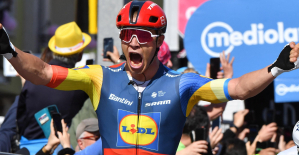 Tour of Italy: Italian Jonathan Milan wins the 4th stage, Pogacar still leader
Tour of Italy: Italian Jonathan Milan wins the 4th stage, Pogacar still leader




